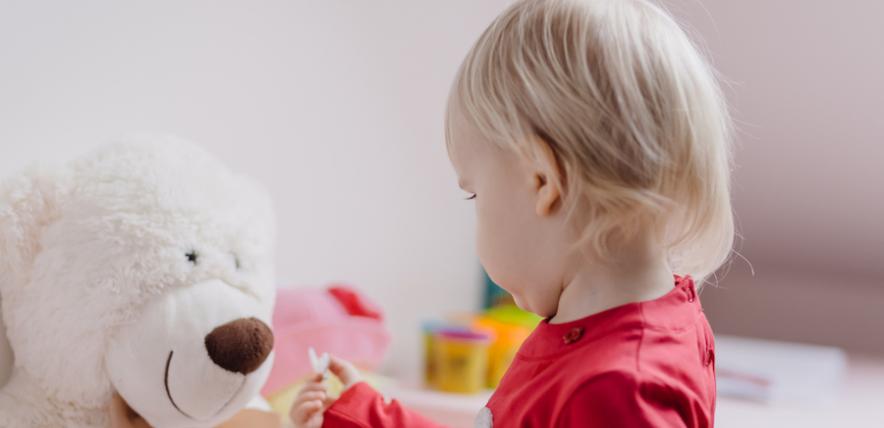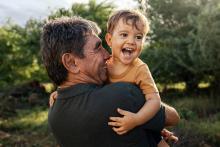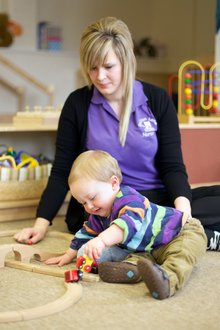By Caroline Graham
The theme of this year's National Children's Day UK was kindness.
With children facing a range of challenges such as bullying, cyber bullying, loneliness or discrimination, the positive effects of kindness can be huge.
The act of being friendly, generous, and considerate costs nothing, but the impact of kindness on an individual can be immense.
Not only does it affect how we feel but being treated kindly can have positive physical benefits too; hormones are released, stress levels are lowered, mood is enhanced and anxiety and depression improves.
The Covid-19 pandemic showed us the huge importance of kindness on individuals and communities.
In fact, two thirds of people who took part in Sussex University’s 2021 Kindness Test, the world’s largest public study of kindness, believe the Covid-19 pandemic has made people more kind.
Creating a kinder world
So how can we build on this to create a truly a kinder world?
By teaching our young children to be kind from day one.
And the best way to teach them is to show them by being kind yourself.
We are our children's most important influence and they will see and absorb everything we do — from how we treat other family members to action we take in our communities to help others.
Making a difference
Being kind to others and doing nice things for them is a great opportunity to teach your child about politeness, courtesy, empathy and selflessness because you don’t expect anything in return.
The Random Acts of Kindness Foundation has commissioned several surveys into the impact of kindness and found that teaching it in early years and school settings can make a difference to children’s attitudes and approaches to others.
The research found that children were better behaved and more disciplined when they considered the feelings of others and were more inclusive in their play and interactions.
Relationships between them and their minders and teachers were also better. This is because how they felt about themselves influenced their feelings towards others.
Free and fun family time
Talking about kindness and thinking of ways to be kind to others is a great opportunity to do something together with your child.
It might be checking in on a neighbour you haven’t seen for a while, making something for a friend — or even doing something nice for a sibling for no reason!
It doesn’t have to cost anything or take up a lot of time, either. It can mean giving a hug to someone who needs cheering up, giving up your seat on the bus or train, or letting someone in front of you in the supermarket queue.
Being pleasant and kind to others not only puts a smile on their face, but makes you feel good about yourself — all valuable lessons to teach your child!
Creative ways for kindness
Here are a few tips on how acts of kindness can give you and your little one that warm feeling:
- At the park or soft play area, ask the child who is on their own if they would like to play with you
- Chat to the parent who is with the child. They might welcome someone to talk to and the distraction of their everyday problems
- Smile at passers-by in the street and greet them with a ‘hello’ or ‘good morning’
- Hold open doors for people, especially if they’re struggling with buggies or heavy shopping
- Surprise a friend or relative with a handwritten card or letter asking how they are
- When heading to the shops, ask a neighbour if they need anything to save them having to go out
- Make more effort with the child who finds it hard to make friends. A play date or invitation to the park will brighten theirs and their parents’ day
- Praise your child for the kind things they did and explain how they made someone else’s day a little bit better. See if they can think of ways others were kind to them and ask how it made them feel.
Useful links
Random Act of Kindness Foundation
Where next?
Why it's important to give your child chores
6 ways to help your child develop a 'growth mindset'.







